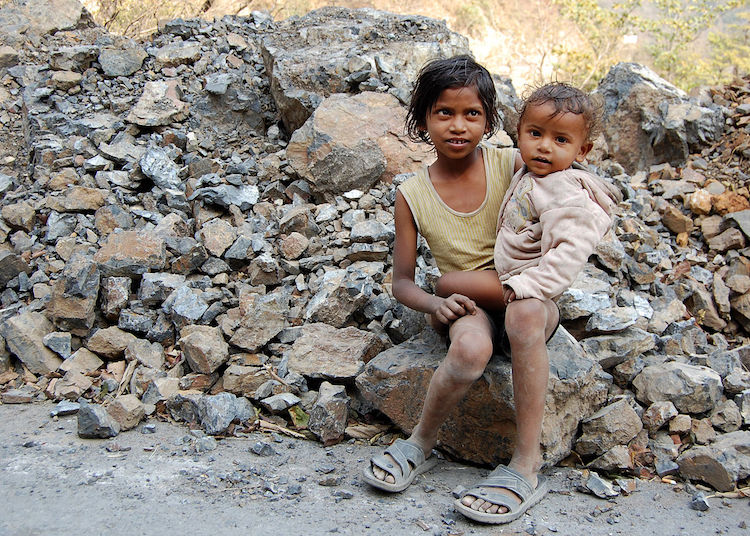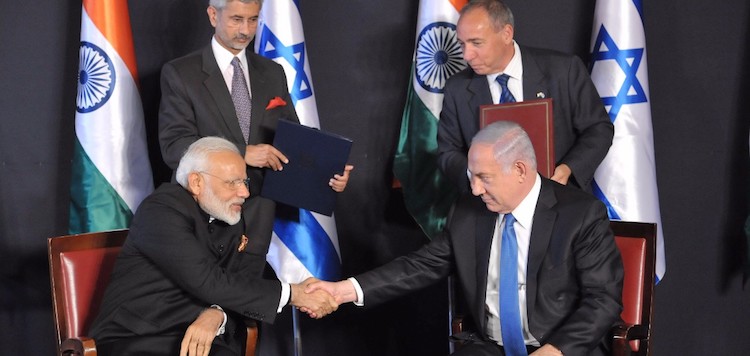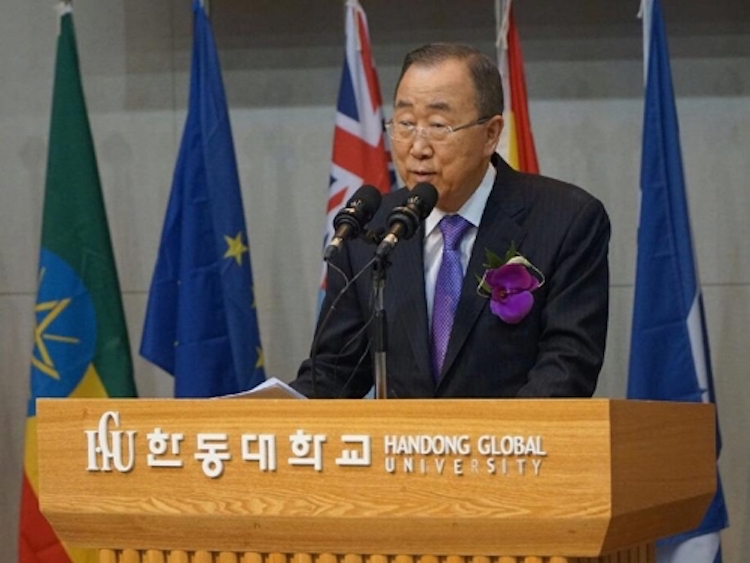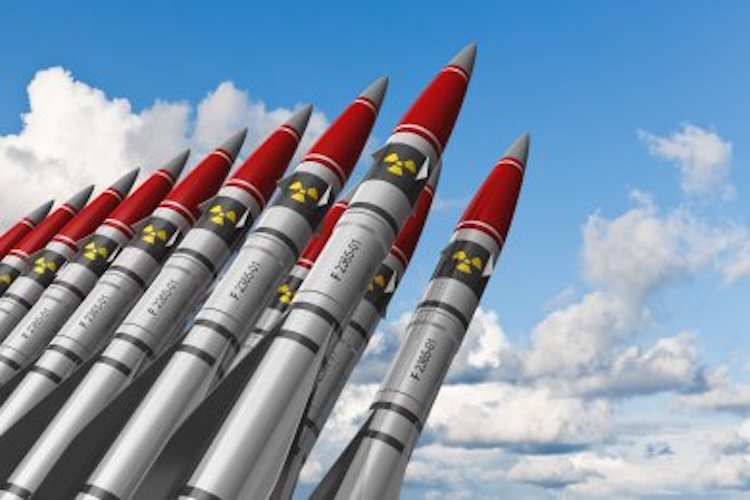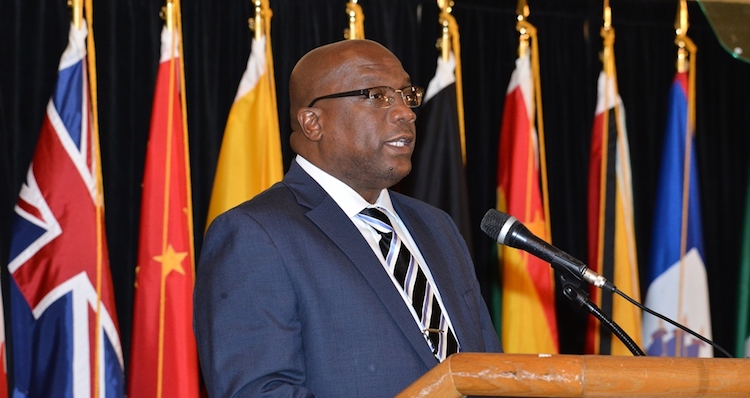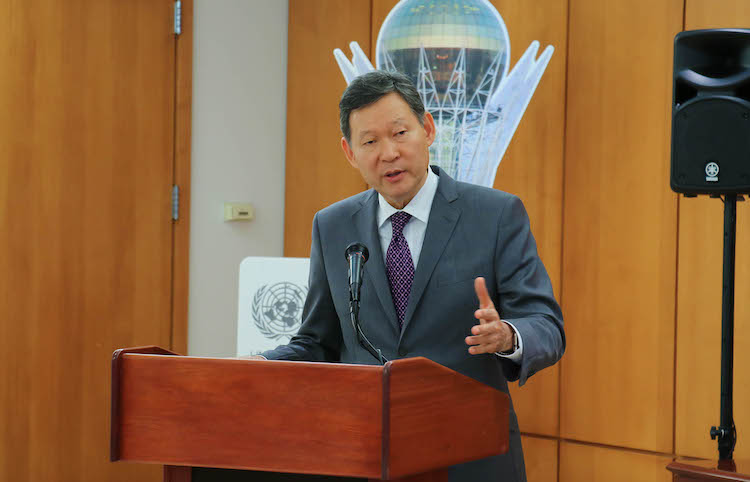By Alice Slater*
NEW YORJK (IDN-INPS) – On July 7 2017, at a UN Conference mandated by the UN General Assembly to negotiate a treaty to prohibit nuclear weapons, the only weapons of mass destruction yet to be banned, 122 nations completed the job after three weeks, accompanied by a celebratory outburst of cheers, tears, and applause among hundreds of activists, government delegates, and experts, as well as survivors of the lethal nuclear bombing of Hiroshima and witnesses to the devastating, toxic nuclear-test explosions in the Pacific.
The new treaty outlaws any prohibited activities related to nuclear weapons, including use, threat to use, development, testing, production, manufacturing, acquiring, possession, stockpiling, transferring, receiving, stationing, installation, and deployment of nuclear weapons. It also bans states from lending assistance, which includes such prohibited acts as financing for their development and manufacture, engaging in military preparations and planning, and permitting the transit of nuclear weapons through territorial water or airspace.


